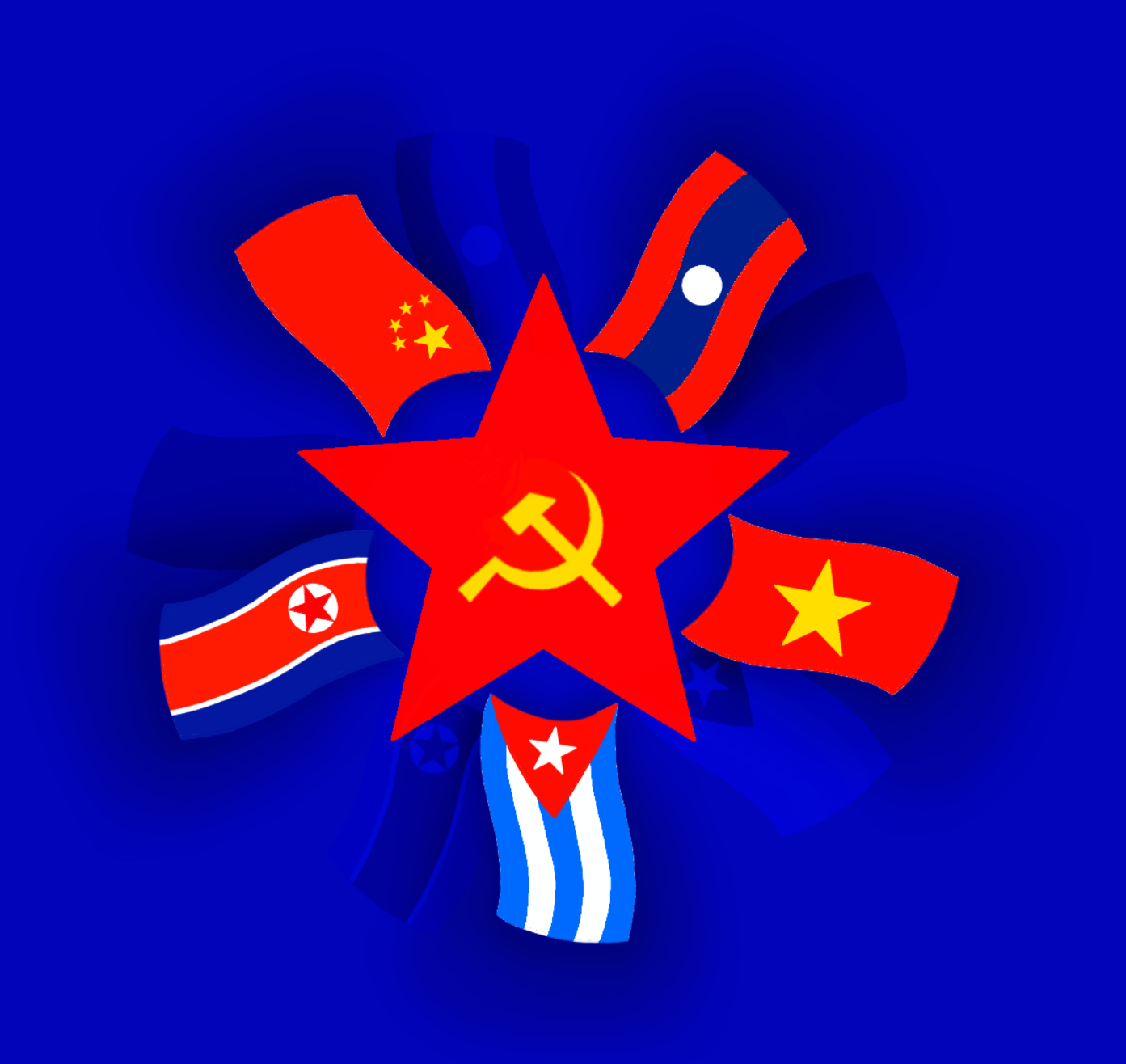I surprisingly don’t know as much of the dissolution of the USSR as I would hope. I know that 70%+ of every polled nation wanted a reformed Soviet Union not dissolution, but why did it get to that point. Did things slowly decline since Khrushchev, since Brezhnev, or later? What led to the liberalization of their statesmen? Like, Gorbachev and Yeltsin (I think?) were involved in government, how did this happen? Were Glasnost and Perestroika the killing blow after a long time coming or were they the first of their kind? Do most communists dislike both of these policies or were they decent ideas that were fucked up in implementation? Thanks in advance I don’t know enough about the details of the USSR’s fall

There are several reasons I can think of:
Eventually this led to a general perception that the politicians were corrupt, a romanticized view of the West, a government that was disconnected from the masses and a general discontent from the population regarding their living standards and consumer goods.
Thank you so much comrade, that is great info, even the type of shit I could plausibly tell to a friend who has a baseline anti-communist tendency just from living in the US.